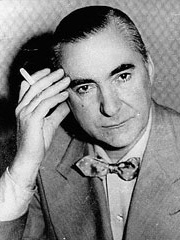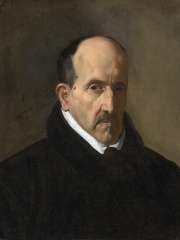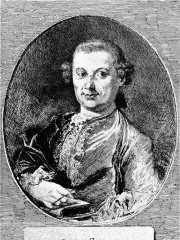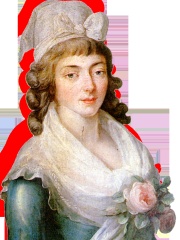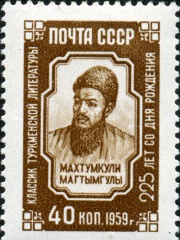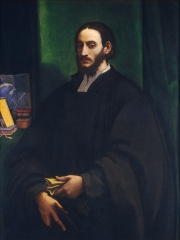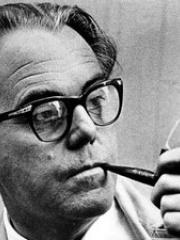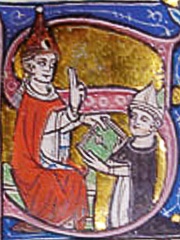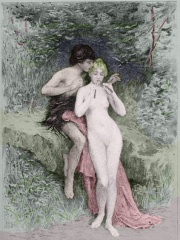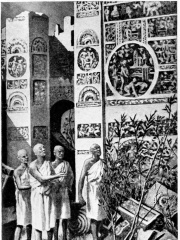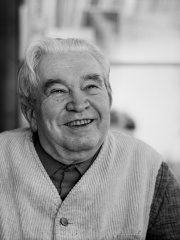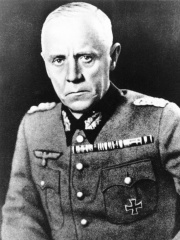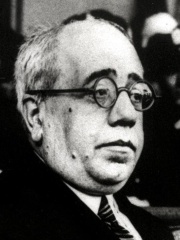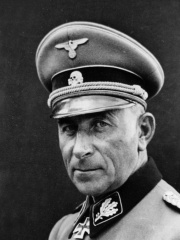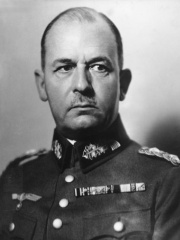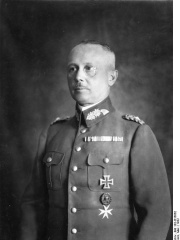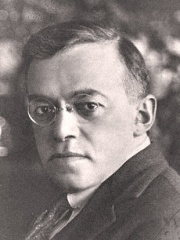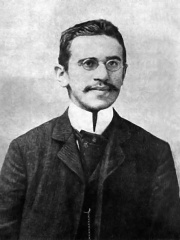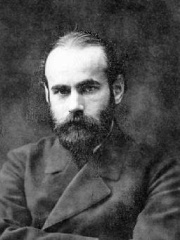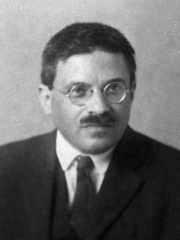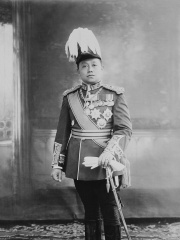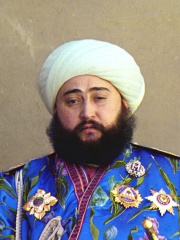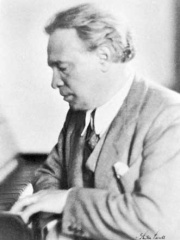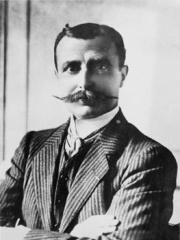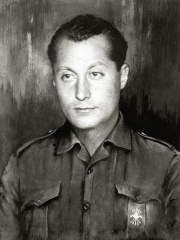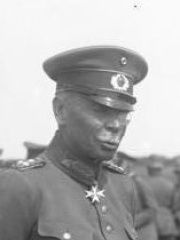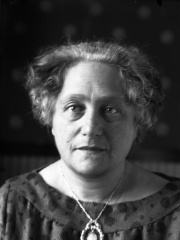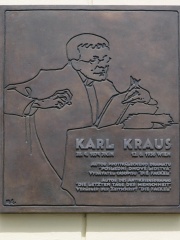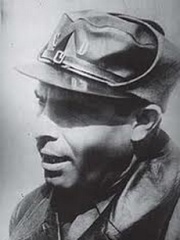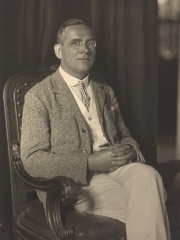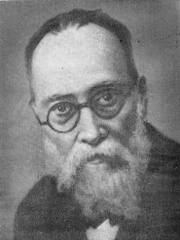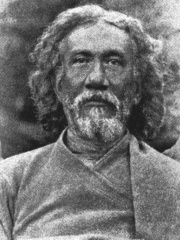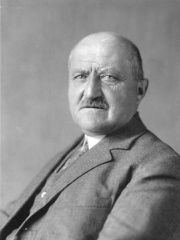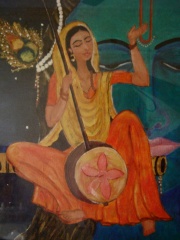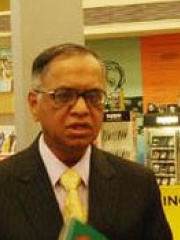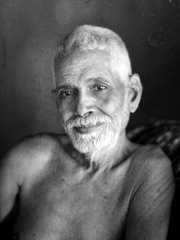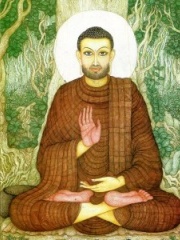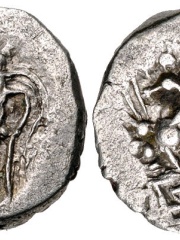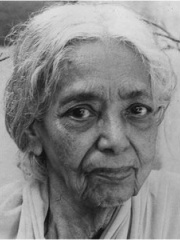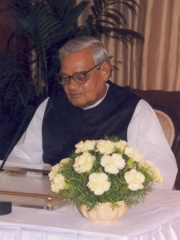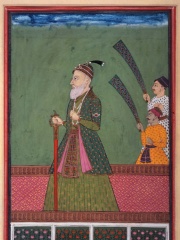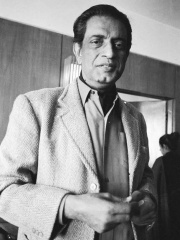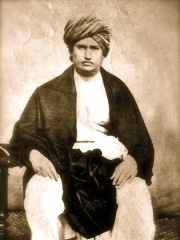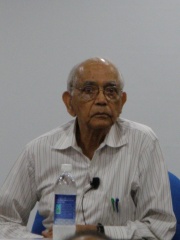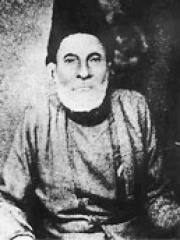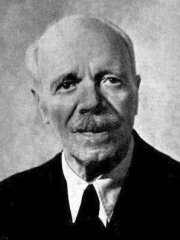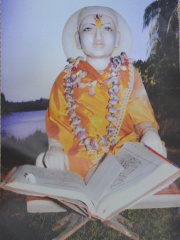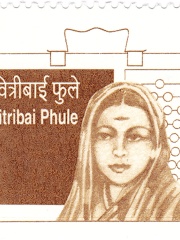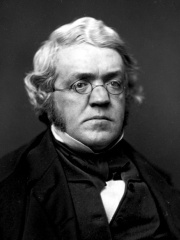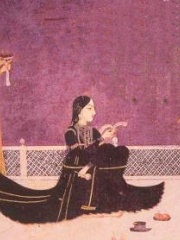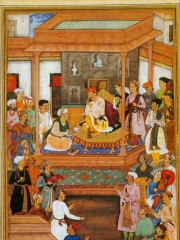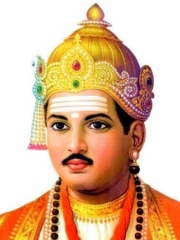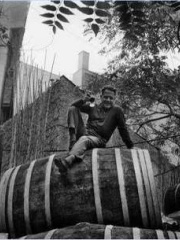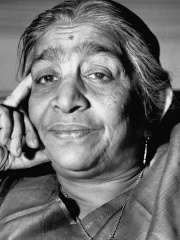Schrijver
Premchand
1880 - 1936
NL.WIKIPEDIA PAGE VIEWS (PV)
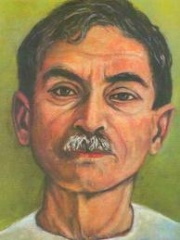
 Premchand
Premchand
Zijn biografie is beschikbaar in 71 verschillende talen op Wikipedia. Premchand staat op plaats 671 onder de meest populaire schrijver (gedaald van plaats 522 in 2024), plaats 103 onder de meest populaire biografieën uit India (gedaald van plaats 61 in 2019) en op plaats 14 onder de populairste schrijver uit India.
Memorability Metrics
Page views of Premchand by language
Among Schrijvers
Among schrijvers, Premchand ranks 671 out of 7,302. Before him are Curzio Malaparte, Luis de Góngora, Carlo Gozzi, Madame Roland, A. A. Milne, and Magtymguly Pyragy. After him are Leo Africanus, Max Frisch, Bernard Gui, Longus, Faxian, and Jaroslav Seifert.
Most Popular Schrijvers in Wikipedia
Go to all RankingsCurzio Malaparte
1898 - 1957
HPI: 70.95
Rank: 665
Luis de Góngora
1561 - 1627
HPI: 70.93
Rank: 666
Carlo Gozzi
1720 - 1806
HPI: 70.91
Rank: 667
Madame Roland
1754 - 1793
HPI: 70.91
Rank: 668
A. A. Milne
1882 - 1956
HPI: 70.88
Rank: 669
Magtymguly Pyragy
1733 - 1807
HPI: 70.86
Rank: 670
Premchand
1880 - 1936
HPI: 70.83
Rank: 671
Leo Africanus
1494 - 1554
HPI: 70.83
Rank: 672
Max Frisch
1911 - 1991
HPI: 70.83
Rank: 673
Bernard Gui
1261 - 1331
HPI: 70.83
Rank: 674
Longus
110 - 200
HPI: 70.82
Rank: 675
Faxian
340 - 418
HPI: 70.81
Rank: 676
Jaroslav Seifert
1901 - 1986
HPI: 70.81
Rank: 677
Contemporaries
Among people born in 1880, Premchand ranks 21. Before him are Ludwig Beck, Manuel Azaña, Paul Hausser, Wilhelm List, Werner von Fritsch, and Ze'ev Jabotinsky. After him are Otto Weininger, Max Wertheimer, Paul Ehrenfest, Vajiravudh, Michel Fokine, and Mohammed Alim Khan. Among people deceased in 1936, Premchand ranks 28. Before him are Ottorino Respighi, Louis Blériot, José Antonio Primo de Rivera, Hans von Seeckt, Elsa Einstein, and Karl Kraus. After him are Buenaventura Durruti, Andrija Mohorovičić, Moritz Schlick, Antoine Meillet, Swami Sri Yukteswar Giri, and Georg Michaelis.
Others Born in 1880
Go to all RankingsLudwig Beck
MILITARY PERSONNEL
1880 - 1944
HPI: 74.04
Rank: 15
Manuel Azaña
POLITICIAN
1880 - 1940
HPI: 73.62
Rank: 16
Paul Hausser
MILITARY PERSONNEL
1880 - 1972
HPI: 72.41
Rank: 17
Wilhelm List
MILITARY PERSONNEL
1880 - 1971
HPI: 71.84
Rank: 18
Werner von Fritsch
POLITICIAN
1880 - 1939
HPI: 71.75
Rank: 19
Ze'ev Jabotinsky
WRITER
1880 - 1940
HPI: 71.00
Rank: 20
Premchand
WRITER
1880 - 1936
HPI: 70.83
Rank: 21
Otto Weininger
PHILOSOPHER
1880 - 1903
HPI: 70.72
Rank: 22
Max Wertheimer
PSYCHOLOGIST
1880 - 1943
HPI: 70.56
Rank: 23
Paul Ehrenfest
MATHEMATICIAN
1880 - 1933
HPI: 70.51
Rank: 24
Vajiravudh
POLITICIAN
1880 - 1925
HPI: 70.34
Rank: 25
Michel Fokine
DANCER
1880 - 1942
HPI: 70.23
Rank: 26
Mohammed Alim Khan
POLITICIAN
1880 - 1944
HPI: 70.09
Rank: 27
Others Deceased in 1936
Go to all RankingsOttorino Respighi
COMPOSER
1879 - 1936
HPI: 71.47
Rank: 22
Louis Blériot
INVENTOR
1872 - 1936
HPI: 71.46
Rank: 23
José Antonio Primo de Rivera
POLITICIAN
1903 - 1936
HPI: 71.42
Rank: 24
Hans von Seeckt
MILITARY PERSONNEL
1866 - 1936
HPI: 71.32
Rank: 25
Elsa Einstein
POLITICIAN
1876 - 1936
HPI: 71.21
Rank: 26
Karl Kraus
WRITER
1874 - 1936
HPI: 71.03
Rank: 27
Premchand
WRITER
1880 - 1936
HPI: 70.83
Rank: 28
Buenaventura Durruti
SOCIAL ACTIVIST
1896 - 1936
HPI: 70.70
Rank: 29
Andrija Mohorovičić
GEOLOGIST
1857 - 1936
HPI: 70.67
Rank: 30
Moritz Schlick
PHILOSOPHER
1882 - 1936
HPI: 70.25
Rank: 31
Antoine Meillet
LINGUIST
1866 - 1936
HPI: 70.24
Rank: 32
Swami Sri Yukteswar Giri
RELIGIOUS FIGURE
1855 - 1936
HPI: 69.76
Rank: 33
Georg Michaelis
POLITICIAN
1857 - 1936
HPI: 69.53
Rank: 34
In India
Among people born in India, Premchand ranks 103 out of NaN. Before him are Meera (1498), N. R. Narayana Murthy (1946), Ramana Maharshi (1879), Mahākāśyapa (-550), Harsha (590), and Madhava of Sangamagrama (1350). After him are Janaki Ammal (1897), Atal Bihari Vajpayee (1924), Nizam-ul-Mulk, Asaf Jah I (1671), Satyajit Ray (1921), Dayananda Saraswati (1824), and C. R. Rao (1920).
Others born in India
Go to all RankingsMeera
WRITER
1498 - 1546
HPI: 71.21
Rank: 97
N. R. Narayana Murthy
BUSINESSPERSON
1946 - Present
HPI: 71.20
Rank: 98
Ramana Maharshi
PHILOSOPHER
1879 - 1950
HPI: 71.16
Rank: 99
Mahākāśyapa
RELIGIOUS FIGURE
550 BC - 549 BC
HPI: 71.13
Rank: 100
Harsha
POLITICIAN
590 - 647
HPI: 71.12
Rank: 101
Madhava of Sangamagrama
MATHEMATICIAN
1350 - 1425
HPI: 70.93
Rank: 102
Premchand
WRITER
1880 - 1936
HPI: 70.83
Rank: 103
Janaki Ammal
BIOLOGIST
1897 - 1984
HPI: 70.66
Rank: 104
Atal Bihari Vajpayee
POLITICIAN
1924 - 2018
HPI: 70.55
Rank: 105
Nizam-ul-Mulk, Asaf Jah I
POLITICIAN
1671 - 1748
HPI: 70.50
Rank: 106
Satyajit Ray
FILM DIRECTOR
1921 - 1992
HPI: 70.38
Rank: 107
Dayananda Saraswati
RELIGIOUS FIGURE
1824 - 1883
HPI: 70.37
Rank: 108
C. R. Rao
STATISTICIAN
1920 - 2023
HPI: 70.33
Rank: 109
Among Schrijvers In India
Among schrijvers born in India, Premchand ranks 14. Before him are Ghalib (1797), Jim Corbett (1875), Tulsidas (1532), Savitribai Phule (1831), William Makepeace Thackeray (1811), and Meera (1498). After him are Zeb-un-Nissa (1638), Vātsyāyana (300), Abu'l-Fazl ibn Mubarak (1551), Basava (1134), Lawrence Durrell (1912), and Sarojini Naidu (1879).
Ghalib
1797 - 1869
HPI: 74.00
Rank: 8
Jim Corbett
1875 - 1955
HPI: 73.39
Rank: 9
Tulsidas
1532 - 1623
HPI: 73.16
Rank: 10
Savitribai Phule
1831 - 1897
HPI: 73.12
Rank: 11
William Makepeace Thackeray
1811 - 1863
HPI: 71.73
Rank: 12
Meera
1498 - 1546
HPI: 71.21
Rank: 13
Premchand
1880 - 1936
HPI: 70.83
Rank: 14
Zeb-un-Nissa
1638 - 1702
HPI: 69.33
Rank: 15
Vātsyāyana
300 - 500
HPI: 68.99
Rank: 16
Abu'l-Fazl ibn Mubarak
1551 - 1602
HPI: 68.58
Rank: 17
Basava
1134 - 1196
HPI: 68.27
Rank: 18
Lawrence Durrell
1912 - 1990
HPI: 68.26
Rank: 19
Sarojini Naidu
1879 - 1949
HPI: 67.28
Rank: 20
